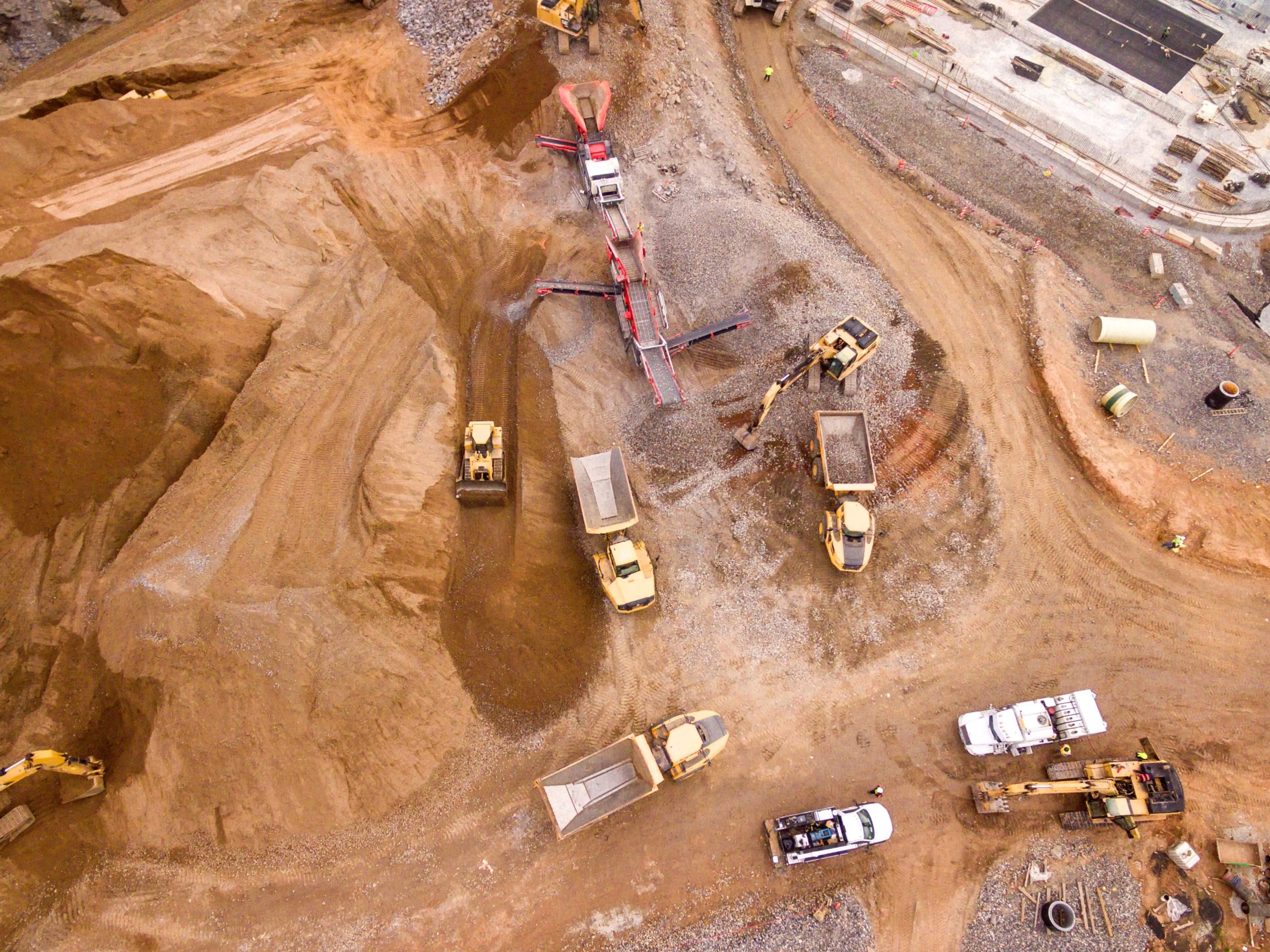The construction industry should not delay in harnessing the benefits of remanufacturing
The repercussions of the war in Ukraine – which is showing no signs of ending any time soon – are affecting all economy sectors throughout the world. In the construction industry, companies are having to deal with higher production costs, as well as delays in materials and equipment procurement and delivery, all as a result of rapidly rising fuel prices and constrained supply chains.
While there is no quick fix to the situation, every crisis brings new opportunities. Databuild CEO Morag Evans believes that the construction industry should look more closely at remanufacturing – a trend that is rapidly gaining traction worldwide – as it offers a practical solution to companies seeking ways to cut costs in these challenging times.
“When equipment fails on a construction site, it’s not unheard of for the entire project site to come to a standstill for weeks at a time while everyone waits for the equipment to be repaired.
“While it is quicker to replace the broken components with new ones, these new parts are generally expensive and the replaced parts usually end up as industrial waste.
“Project owners should rather seriously consider the purchase of remanufactured equipment, which often comes at half the cost of a new machine.”
The perception that remanufactured equipment and products are not as reliable as their new counterparts is completely false, Evans points out.
“Not to be confused with repaired or recycled products, remanufacturing involves rebuilding or renovating used products to the same condition and original factory specification as a new product,” she explains.
“Each individual component is meticulously cleaned, inspected and rigorously tested before being used in the remanufactured product.
“As a result, remanufactured equipment often delivers higher levels of performance and reliability and a longer life span.”
Numerous benefits
Besides cost-effectiveness, purchasing remanufactured equipment offers numerous other benefits.
One of the biggest advantages is that it is environmentally friendly. Because a large proportion of the product’s original components are reused, remanufacturing plays a significant role in helping to meet carbon reduction targets.
Another benefit of using remanufactured equipment means construction companies don’t have to spend time and money on training on new equipment, Evans continues. “Employees are already familiar with the equipment once it has been remanufactured and can start using it immediately.”
Remanufacturing is also good for the national economy in that it strengthens local industries by reducing the country’s reliance on foreign imports. “Localisation forms a key component of government’s post-pandemic economic reconstruction plan and remanufacturing could play an integral role in helping to achieve this objective,” Evans concludes.


